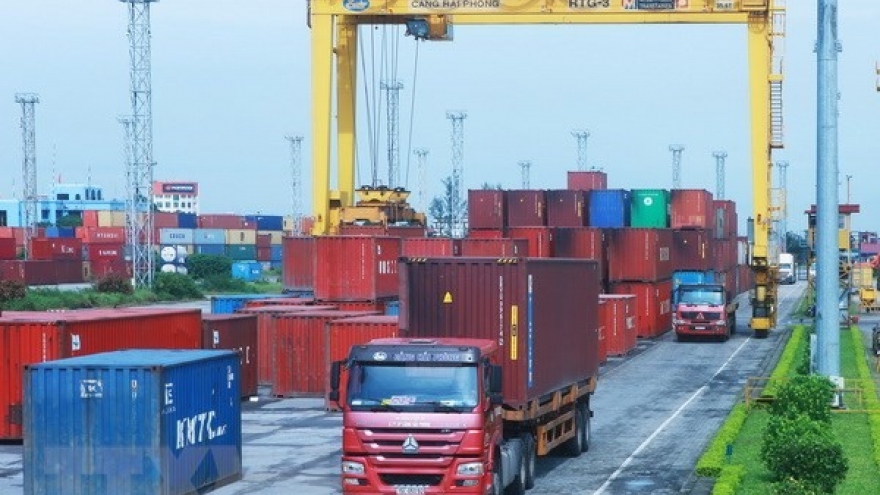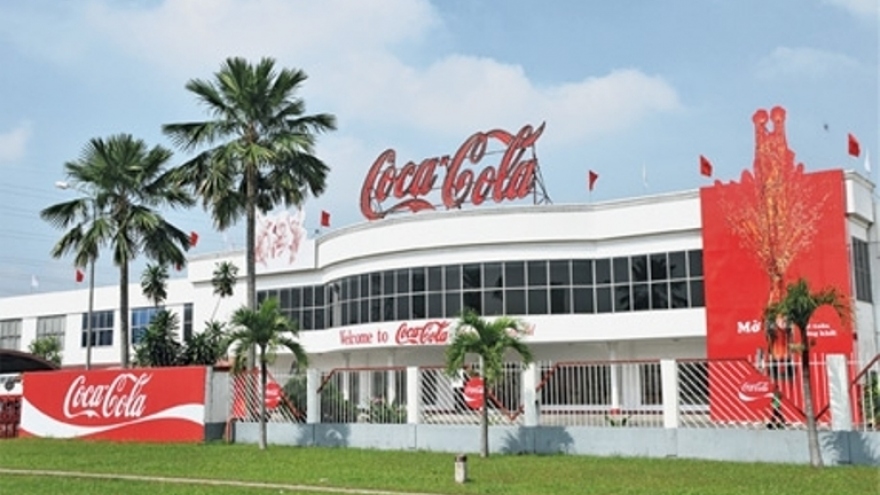Enterprises on verge of bankruptcy under ministerial regulations
Many enterprises will probably go bust if authorized agencies are allowed to recall products or order a company to stop operations when they inspect the firm and detect quality violations, as regulated by the Ministry of Science and Technology, without letting it do a retest at another standard lab.
 |
|
Enterprises in the food sector may face high risks if authorized agencies are allowed to recall products or order a firm to stop operations for quality violations based on a single test result. In the file photo, customers are choosing milk products in a supermarket |
The current ministry regulation would harm companies as tests conducted by authorized agencies have shown many problems, of which the scandal involving Danlait goat milk is a typical example.
On seeing a viral social media post, allegedly originating from the Pasteur Institute, claiming that the protein content of Danlait milk only accounted for 3% of the product instead of the 13% noted on the label, a market surveillance agency visited the company and confiscated the product.
Several days later, another testing agency announced that Danlait milk contains over 13% of protein, forcing the Pasteur Institute to issue a statement admitting to faulty testing methods.
However, the Danlait company still had to file for bankruptcy as a result of the institute’s action.
The regulation adds to existing problems in controlling and examining imported commodities.
Many of these problems have caused additional costs for firms, such as requiring export certification for each cargo shipment even when they are in the same product category.
Other regulations are simply out of touch with reality, such as demanding the addition of iodine to goods during the manufacturing process even though the salt will burn off when heated.
According to Nguyen Thi Hong Minh, chairwoman of the Food Transparency Association, the Ministry of Agriculture and Rural Development imposes many rules that affect enterprises’ development.
For instance, the ministry has issued fertilizer certificates even though fake fertilizers are rampant on the market, but no agencies or individuals have taken responsibility for resolving this issue.


